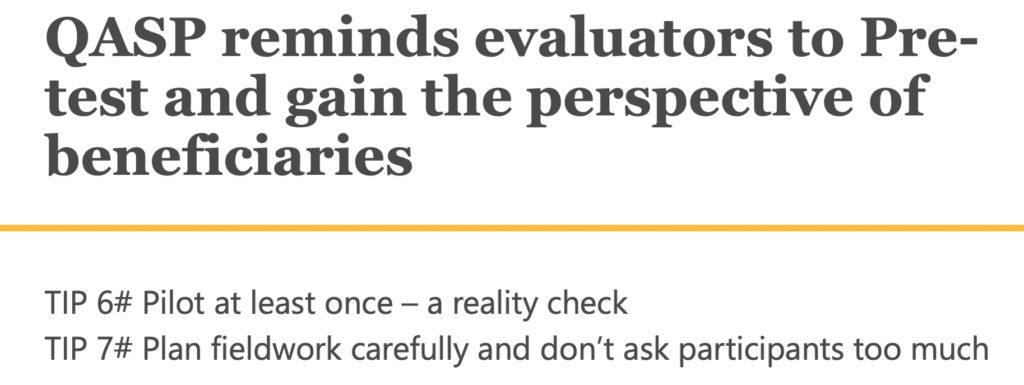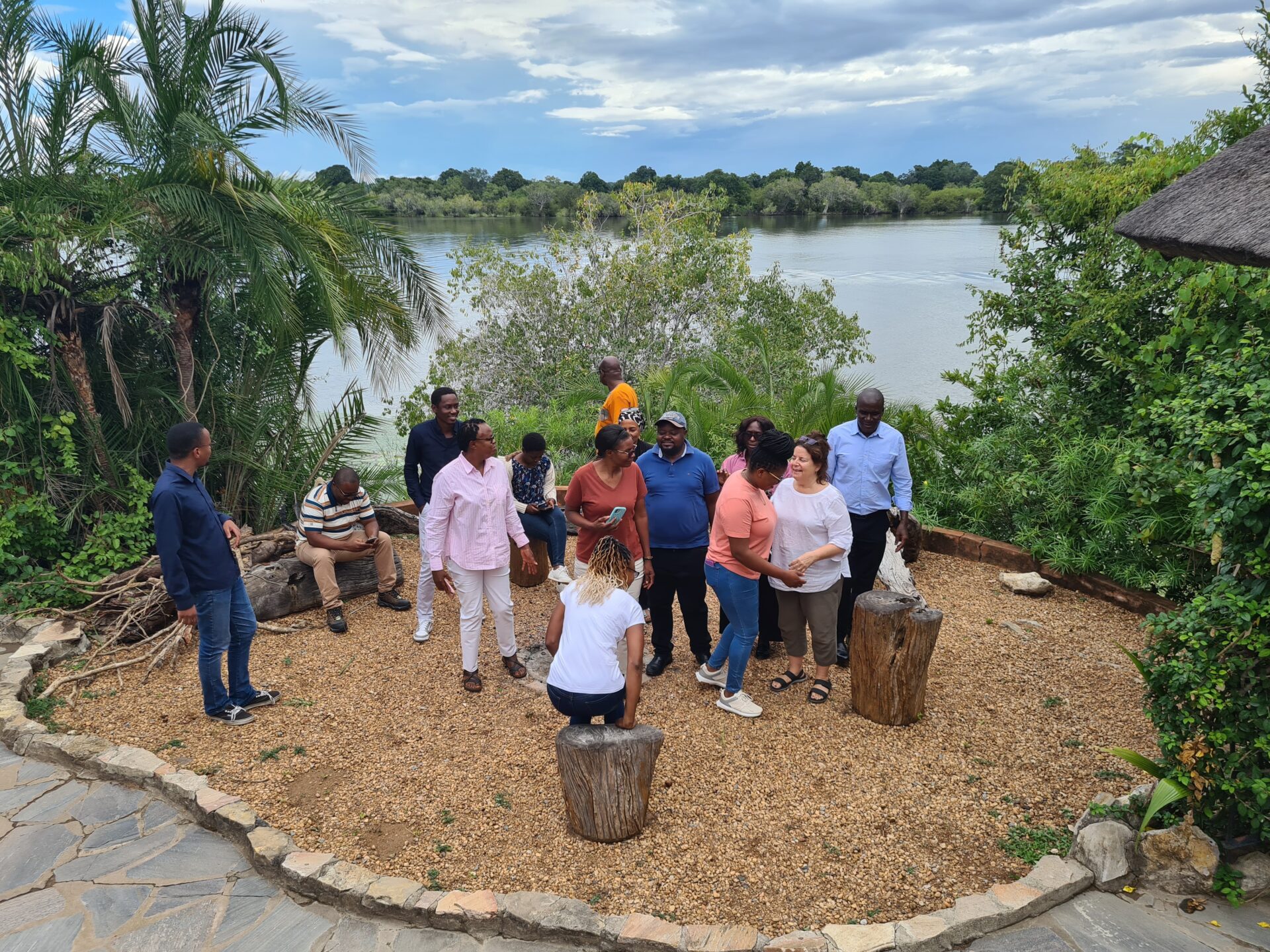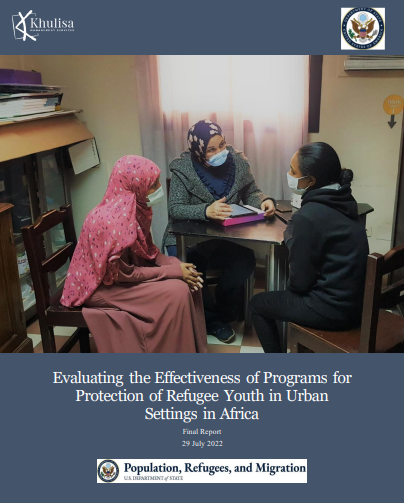Last week, as part of gLOCAL 2022, Khulisa presented a webinar titled, “How a great quality plan can transform your inclusive evaluation practices”. During the webinar, Khulisa evaluators Jennifer Bisgard and Margie Roper included several tips on how creating a Quality Assurance and Surveillance Plan (QASP) helped our recent Early Grade Reading Study to be more inclusive and to run more smoothly. (Watch the full gLOCAL webinar on Khulisa’s YouTube Channel.)
In last week’s EvalTuesdayTip, we discussed including stakeholders across the QASP elements. This week’s tip is about the importance of including at least one pilot test in your QASP.

“We piloted three times to make sure that the learner assessments were giving us the relevant information and they were valid instruments,” Margie explained during the webinar. “The first pilot was very long, and gradually we honed it down to the critical information that we wanted.”
Pilot testing is essential to ensure that participants understand the evaluation questions and the questions elicit meaningful responses. “It’s about gaining the perspective of the beneficiaries…Do they understand the question? Do we need to amend it?”
Pilot tests also ensure that the evaluation doesn’t ask too much of the participants. “We can’t spend two hours with a teacher conducting an interview, because who is looking after the children?” said Margie. “We’re actually taking them out of the classroom, when we need teachers in the classroom to teach. And so this process of pre-testing is really important.”
Read our full list of QASP tips, and more, in our recent blog post about the QASP webinar.


